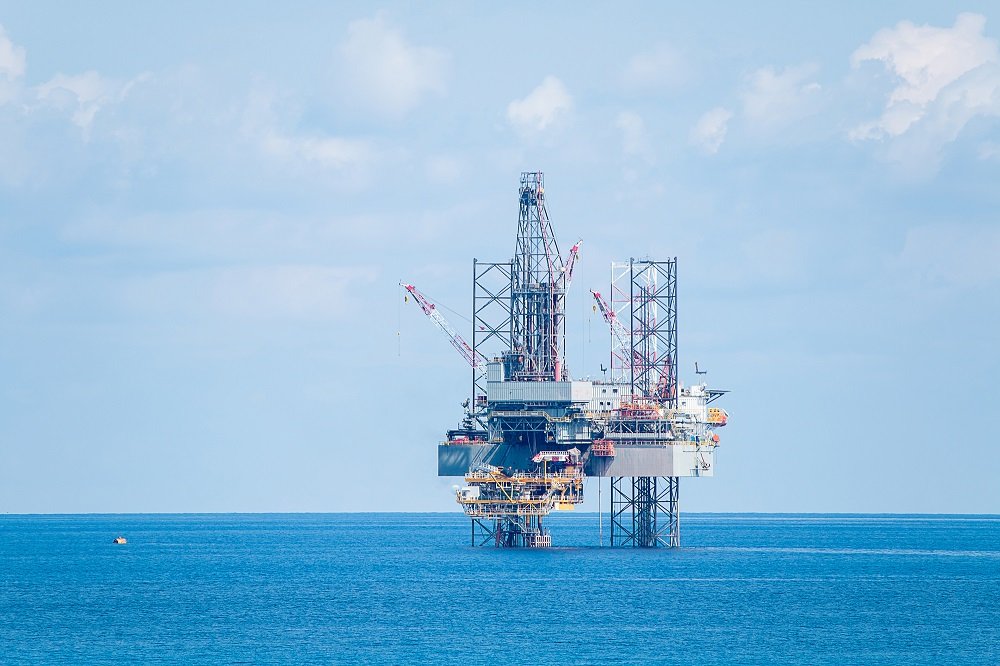In order to supply the world’s ever-growing demand for energy, the offshore oil and gas industry has to set up operations farther away from shore and in deeper water than ever before. Advances in technology make it possible for oil companies to produce millions of barrels a day from deposits that were out of reach just a few years ago.

Despite these advancements maritime workers still perform dangerous work for long hours under hazardous conditions. Offshore worker and workplace safety have never been high on the industry’s list of priorities until a tragedy occurs. Many of the world’s worst offshore disasters, such as 2010’s Deepwater Horizon explosion, have resulted from human error.
Deepwater Horizon and Human Error
The rig Deepwater Horizon, owned by the British oil major BP, was in the final stage of drilling an exploratory well in the Gulf of Mexico off the coast of Louisiana when it was rocked by an explosion that killed 11 people. The explosion was determined to have been caused by a number of human errors, including leaky cement, poor maintenance of valves, and the misinterpretation of pressure tests led to an explosion and one of the largest oil spills.
The environmental damage caused by the subsequent oil spill threatened the Gulf Coast fishing and tourist industries.
What Is Being Done to Prevent Another Deepwater Horizon?
Will the fallout from these offshore disasters — government fines, negative publicity and years of litigation — finally convince the offshore industry to improve working conditions on oil rigs and other offshore facilities?
According to the Centers for Disease Control and Prevention, the offshore and onshore drilling industry has a fatality rate seven times higher than for all U.S. workers. The drilling industry death toll jumped to 142 year in the year following Deepwater Horizon disaster and remained in the triple digits for several years, according to the Bureau of Labor Statistics.
There have been attempts to improve safety for offshore workers. Following the Deepwater Horizon disaster, BP implemented some preventive safety measures that include training employees on drilling simulators; closely monitoring well operations from Houston; and performing more maintenance and repairs to the wells. It has also adopted a policy that everyone at BP has the power and the responsibility to halt a job if something doesn’t seem right.
Other companies have implemented changes to improve safety and prevent accidents, such as shorter work shifts, improved safety protocols, encouraging employee feedback and more automation. However, the industry still has a long way to go. The work culture that’s developed over the last century isn’t going to be changed over-night.
Litigation Makes Offshore Work Safer
If you are a maritime worker who has suffered on the job injuries due to an accident caused by someone’s negligence, you have a right to seek compensation for your injuries under maritime laws.
In addition to recovering compensation for your injuries, your case may prevent other maritime workers from being injured in similar accidents. Maritime companies are in business to make money. They may resist adopting some safety measures due to costs. After paying for expensive litigation costs, cash awards for plaintiffs and the possibility of more litigation to come, a company can have a change of heart and suddenly decide that those safety measures should be put in place.
Lambert Zainey has been representing injured seamen and other maritime workers since 1977. Our team of experienced maritime attorneys will listen your story, answer all questions you may have about maritime law, and provide helpful professional legal advice about how to proceed with your claim. Call us at (800) 521-1750 today to schedule a free consultation.







